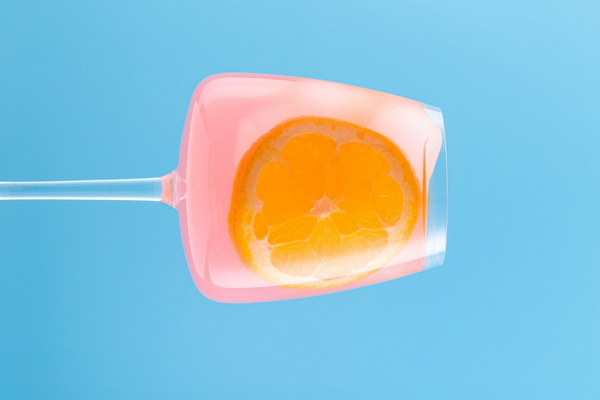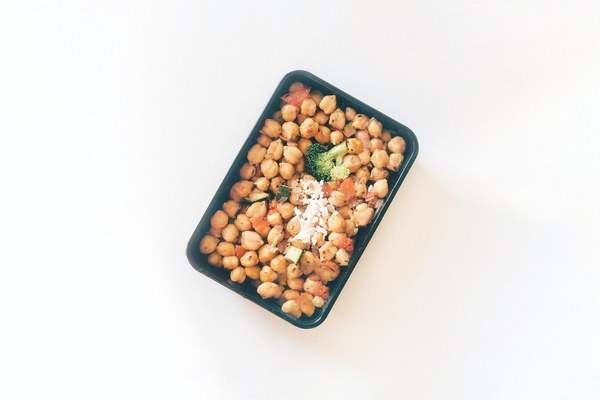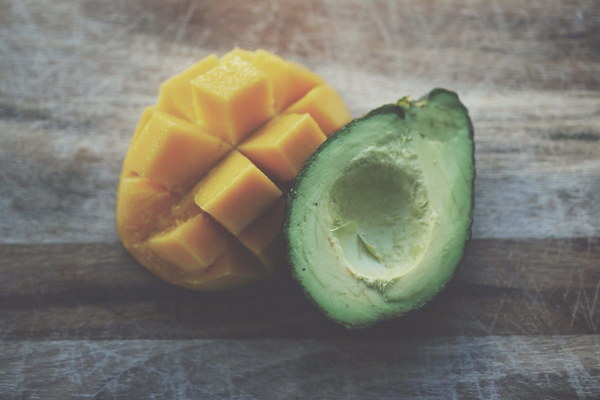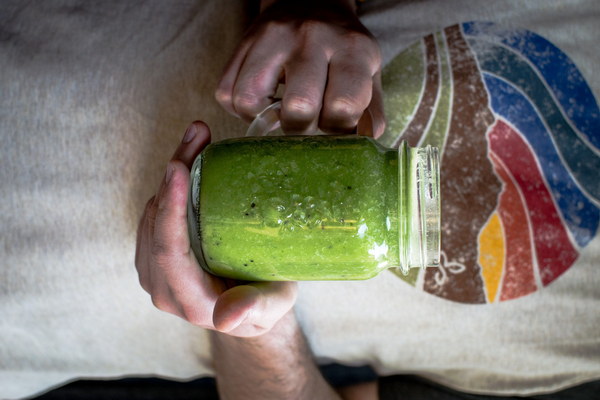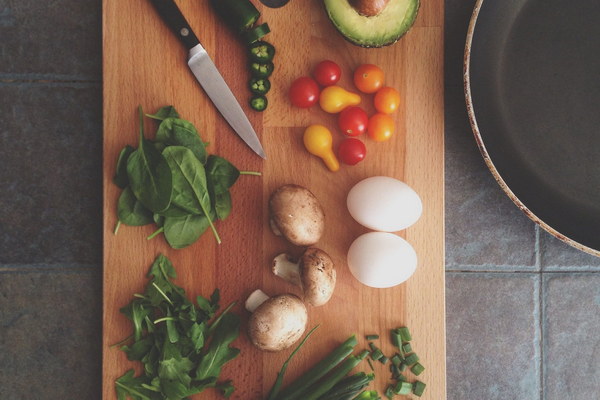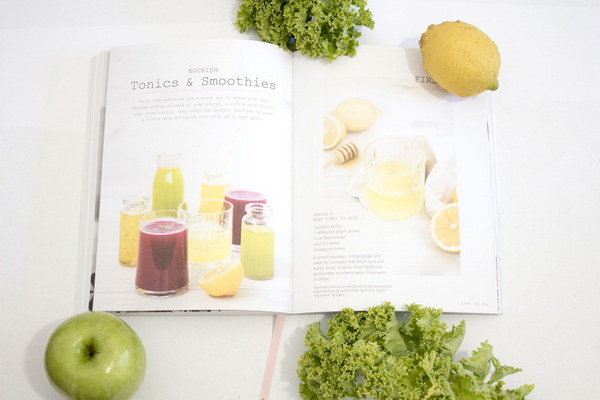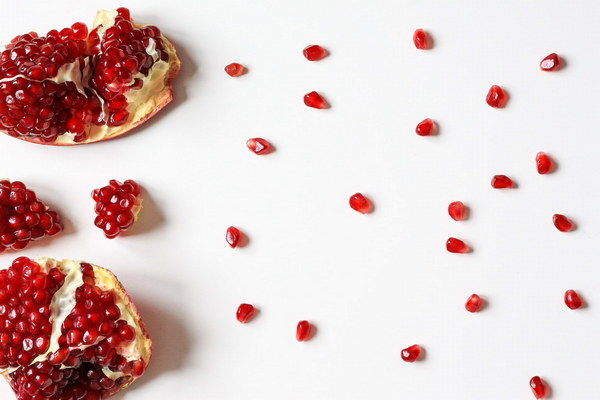Top Tips for Kidney Care How to Nourish and Protect Your Kidneys Naturally
Introduction:
Kidneys play a vital role in maintaining the body's overall health. They filter waste and toxins from the blood, regulate blood pressure, and produce hormones that are crucial for various bodily functions. Unfortunately, due to modern lifestyle choices and environmental factors, kidney health has become a growing concern. In this article, we will explore various natural methods to nourish and protect your kidneys, helping you maintain their optimal function.
1. Stay Hydrated:
One of the most important ways to support kidney health is by staying hydrated. Drinking plenty of water helps flush out waste and toxins from the kidneys. Aim for at least 8-10 glasses of water per day, depending on your body's needs.
2. Eat a Balanced Diet:
A balanced diet rich in fruits, vegetables, lean proteins, and whole grains can significantly contribute to kidney health. Here are some specific dietary recommendations:
a. Increase your intake of fruits and vegetables: They are high in antioxidants, vitamins, and minerals that support kidney function.
b. Choose lean proteins: Incorporate lean meats, fish, eggs, and legumes into your diet. These foods provide essential amino acids without increasing the risk of kidney disease.
c. Consume low-potassium foods: High potassium levels can strain the kidneys, so it's essential to limit the intake of potassium-rich foods such as bananas, oranges, and potatoes.
d. Avoid processed foods: These foods are often high in sodium and other additives that can harm kidney health.
3. Exercise Regularly:
Regular physical activity can improve kidney function and reduce the risk of kidney disease. Aim for at least 150 minutes of moderate-intensity aerobic exercise or 75 minutes of vigorous-intensity exercise each week.
4. Manage Blood Pressure:
High blood pressure is a significant risk factor for kidney disease. Keeping your blood pressure within a healthy range can help protect your kidneys. Follow these tips to manage blood pressure:
a. Limit salt intake: Excessive sodium can lead to high blood pressure. Try to limit your daily salt intake to less than 2,300 milligrams.
b. Maintain a healthy weight: Being overweight can increase your risk of high blood pressure and kidney disease.

c. Quit smoking: Smoking can damage blood vessels and worsen kidney function.
5. Limit Alcohol Consumption:
Excessive alcohol intake can lead to kidney damage and increase the risk of kidney disease. If you drink alcohol, do so in moderation—no more than one drink per day for women and up to two drinks per day for men.
6. Avoid Over-the-Counter Medications:
Some over-the-counter medications, such as NSAIDs (nonsteroidal anti-inflammatory drugs), can cause kidney damage. Always consult a healthcare professional before starting any new medication, and follow their recommendations carefully.
7. Get Regular Check-ups:
Regular kidney function tests can help detect any potential issues early. If you have a family history of kidney disease or other risk factors, it's essential to get regular check-ups and discuss your concerns with a healthcare professional.
Conclusion:
By following these natural methods to nourish and protect your kidneys, you can significantly reduce the risk of kidney disease and maintain their optimal function. Remember that a healthy lifestyle is key to overall well-being, so prioritize your kidney health and take steps to ensure they remain strong and healthy for years to come.

